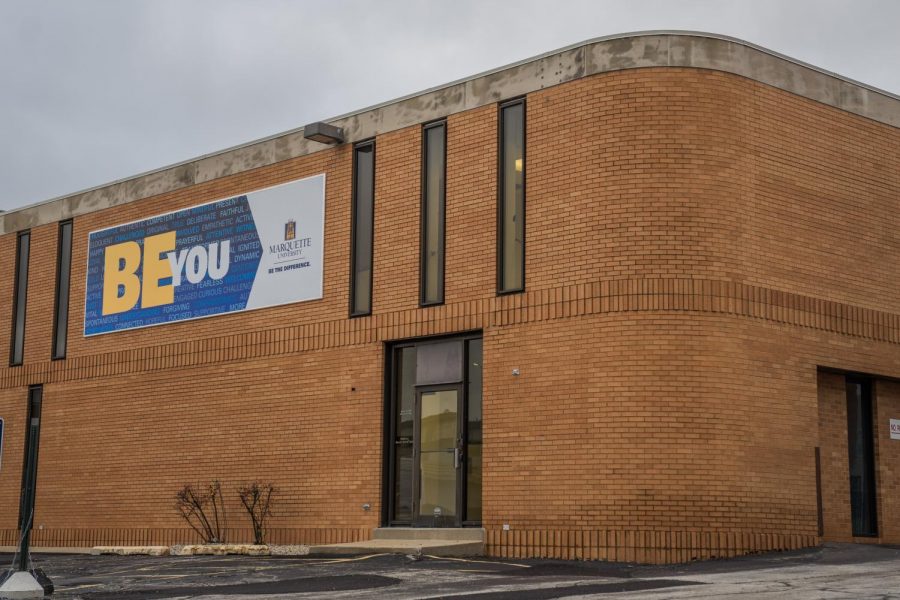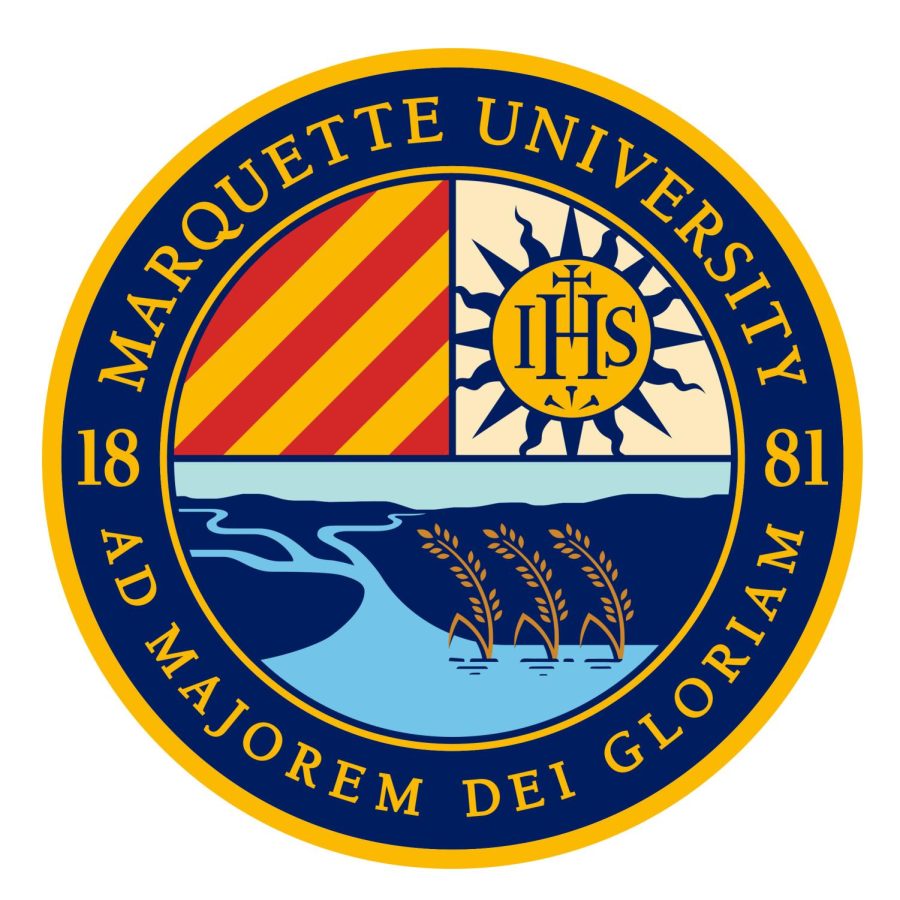Marquette University recently announced the launch of a new psychology graduate program, a collaboration between the College of Arts & Sciences and the Graduate School. The program will offer a M.S. degree in Applied Behavior Analysis and a Ph.D. in Clinical Psychology. It will be housed at 525 N. 6th Street just east of Straz Tower, which was formerly Herzing University, which Marquette recently purchased.
Dean of the Graduate School Dr. Doug Woods said the M.S. is a two-year program.
“(The program) leads students to become eligible to apply for licensure as a behavior analyst in Wisconsin,” Woods said in an email. “People with Masters in behavior analysis typically do work with individuals with autism or with significant developmental delays who have a variety of behavior problems.”
Woods said that programs like this allow students to get jobs in agencies or start their own practices.
“It allows them to make a difference in the lives of people who often have very limited options for effective services,” Woods said.
“The program Marquette will offer will stand out from other training programs across the country due to (a) the reputation of the involved faculty members, (b) the level of close supervision and mentorship students receive from those faculty, and (c) the incredible facilities Marquette has designed to serve these individuals and train our students,” said Dr. Jeffrey Tiger, a professor of psychology and the director of the Behavior Analysis Program.
“Students involved in this program will be entering into careers as behavior analysts, which often involves developing intervention programs for individuals diagnosed with autism spectrum disorders and in particular in designing programs to teach these individuals the language, social, and self-help skills they need to lead independent and healthy lives,” Tiger said. “The incidence and prevalence of autism and related disorders has been increasing steadily for the past many years, and with that has increased the demand for professionals to assist with this community.”
The new program will focus on children with autism or developmental disabilities in a school setting or people with mental health issues or disabilities in a private practice or consulting setting. Kate Gustafson, a sophomore in the College of Arts & Sciences who studies psychology, said she is interested in it.
Gustafson said she attended Marquette’s annual Diversity in Psychology Conference, which occurred in October.
“A bunch of the behavioral psych graduate students had their research presented,” she said. “All of it seems really interesting.”
Gustafson said she is interested in working with kids with autism or other developmental issues, and is especially interested in abnormal psychology and that ideally, she will go into clinical psychology and obtain a Ph.D. to pursue either a private practice, research or teaching.
She also said the new program adds to the options available for psychology students.
“I know some people who aren’t interested in therapy or the abnormal bit and would rather focus on specific fields within psychology,” she said. “The behavioral program sounds like you’d be able to focus more on certain populations and certain ages, and it just gives people another option if they aren’t as interested in going into the other routes.”
Keely Napoli, a sophomore in the College of Arts & Sciences who studies psychology, said she is intrigued by the program.
“We had the grad students come into our class to talk to us this past week, and they talked about the doctorate program,” she said. “It’s six years or five years but it’s everything. … You do three or so years in the classroom, but then you do three or so years of real-life experience in hospitals or teaching or in the clinic, and I think that’s super beneficial.”
Napoli said it really shows what you’re going to be doing and lets you decide at that moment if that’s what you actually want and what it’s going to be like. Napoli said she would love to get involved in the graduate program.
Woods said that with this program, Marquette has one of the few behavior analysis programs in the region.
While the program is currently only offered to graduate students, Woods said that because it is based in the psychology department, students who are interested in learning more should contact the professors running the program, Jeff Tiger and Tiffany Kodak.
“There are opportunities for undergraduates in psychology and other helping profession-majors to become involved and there are some post-baccalaureate career opportunities in this field, but the greatest degree of independence will come from students who pursue their Master’s and Ph.D. degrees,” said Tiger.
“I’m excited for the opportunity to work closely with undergraduate and graduate students to provide effective and efficient treatment for children and adolescents in our community,” said professor of psychology Dr. Tiffany Kodak in an email. “In addition, I’m excited for the chance to collaborate with other disciplines (e.g., speech therapy, occupational therapy, education) to improve the quality of services offered in our new on-campus clinics.”
“I’m most excited because this program brings together our core missions of excellent teaching mixed with community engagement,” Woods said. “By educating the next generation of behavior analysts, we are also making a significant difference in the lives of those with autism and developmental disabilities.”




philip onyango • Nov 13, 2018 at 1:03 pm
Its a great move how I wish I could get a scholarship to do this course because i was among the best in psychology in my under graduate course.This will enable me assist the university in achieving its objective across the world.